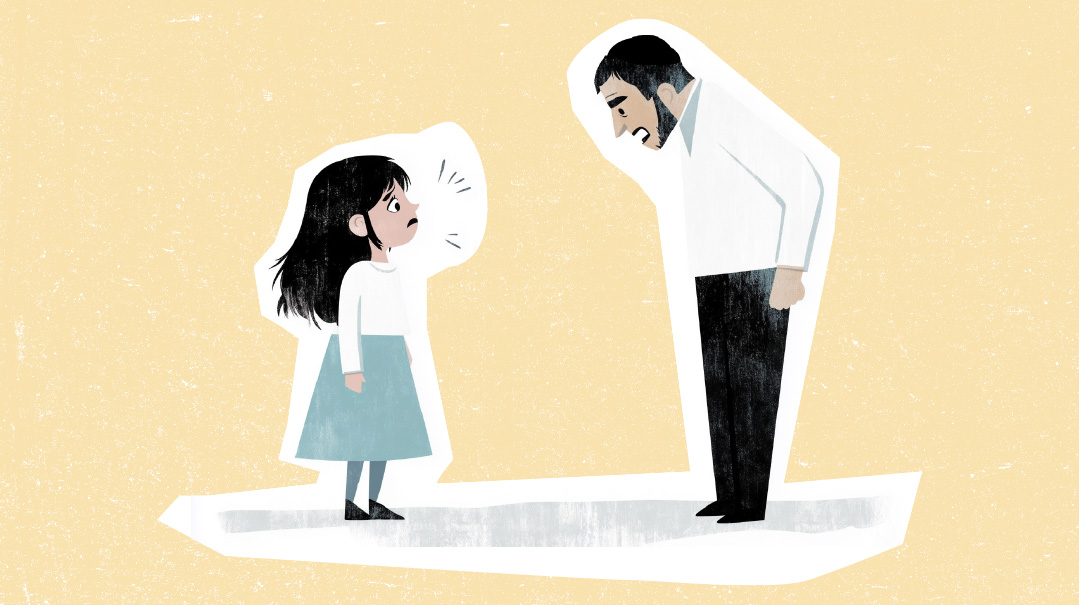“Do We Sign Their Names If They Didn’t Chip in?”

Allow the others to calm their own nerves; you don’t have to make everyone feel good

Q
I was wondering if you could give me advice on a family dilemma. We’re a very large family, with over 15 siblings bli ayin hara. We’re all married now, and the life stages we’re at range from having newborns to welcoming grandchildren. Baruch Hashem there are a lot of simchahs. Since the first niece and nephew got married, we all contributed to making sheva brachos for the young couple, and also chipped in to buy a gift.
Nonetheless, whenever we collect money, we declare contributions to be optional in case someone’s not in a position to contribute. However, as time goes on, my siblings are getting lax about contributing. We’ll send out a reminder once or twice, but that’s all. As a policy, no one will lay out money in advance, as we’ve seen it doesn’t always get reimbursed.
My question is as follows: when writing the card, should it be signed by the whole family regardless of who gave, so that nobody is left out and feels bad? Or does that make what we buy look stingy, as what we’ve bought reflects the contribution of maybe ten siblings, not 15 plus, so there’s obviously less money to spend.
Looking forward to hearing your advice. In my opinion, only those giving should sign the card. I understand that those who didn’t pay might feel uncomfortable. If they forgot to pay, presumably they will remember in the future after feeling that discomfort. If they didn’t want to pay, then the awkwardness is their problem and no one else’s. If they can’t pay, there’s nothing to be ashamed of (and if they do feel ashamed, they have to work that out within themselves and with Hashem!).
A
You mention that you make it clear that giving is optional. Does this mean that you and a few others are buying a gift and are happy to just sign “from the family?” It does sound that way to me. If that is the case, then you should sign the gift as coming from “the family,” regardless of who does or doesn’t pay.
On the other hand, you could change your practice and put your request out differently. For example, you might say, “Shoshi and I are buying a gift for Binah’s daughter. Do any of you want to join in?” Those who don’t join in won’t expect you to sign their name.
Alternatively, you might consider changing the whole way you operate, sending out a notice that says something like, “Going forward, we’re not doing family gifts anymore. There’s just too many of us. You can buy individual gifts or pair up with someone as you please.” Those who don’t want to join in, won’t. Everyone’s a grownup. No one has to explain to anyone else why they are or aren’t buying gifts. The gift receiver’s obligation is to judge everyone positively and that’s that.
The issue falls under the general arena of “you can’t please all of the people all of the time.” It’s very relaxing when we give up trying to do that. You may have to live with some people who complain about how you’re handling things. After all, it’s uncommon for all members of a family to agree on everything, so I assume Hashem wants us to figure out how to deal with other people’s displeasure without undue stress.
Perhaps another family member feels so strongly about the option of giving family gifts that they’re willing to take over the whole operation? Offer to give it up so you can enjoy stress-free giving!
If everyone still wants you to organize things, and you go ahead with the decision not to sign names of those who didn’t contribute, be prepared to annoy, disappoint, and frustrate some people. You’re not making your choices with the intent to cause suffering, and you know that. You realize that only some family members will agree with your new policy of naming contributors or of refraining from family giving altogether, whichever route you choose.
Allow the others to calm their own nerves; you don’t have to make everyone feel good. Obviously, if you intentionally or accidentally hurt someone, then you’ll acknowledge the pain you inflicted. But if you’re just not doing what someone wants, well... in this case nothing to feel bad about and nothing to apologize for.
(Originally featured in Family First, Issue 826)
Oops! We could not locate your form.





